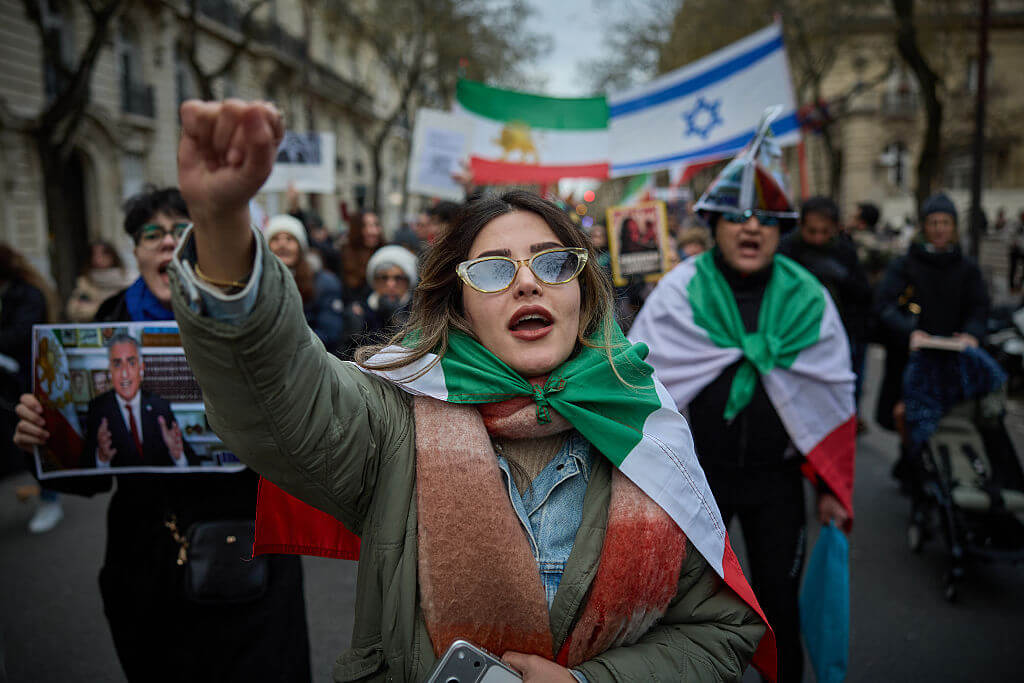St. Petersburg University Clashes With City Officials
Russia’s only graduate program dedicated to Jewish studies is caught in the crossfire between its parent university and St. Petersburg city officials, who closed the university last week over fire code violations.
Critics say the closure was a politically motivated response to a university course in election monitoring.
The European University at St. Petersburg, which houses Petersburg Judaica, received a court order to close its doors February 21 after city fire inspectors found 52 violations during a January inspection. A city court denied the university’s appeal, prompting speculation that the city’s decision had political motives.
The university came under scrutiny in February 2007 when it introduced a course on training Russians in election monitoring.
After inquiries from St. Petersburg’s municipal science committee, university officials canceled the course January 30, university president Nikolai Vakhtin said at a news conference February 22.
The course was funded by a grant from the European Union for about $1 million. The dispute comes during the run-up to the elections that will determine the successor to President Vladimir Putin.
Last June, a deputy from the Russian Parliament’s committee on higher education said that the European University had violated its charter by engaging in overtly political activities.
Opened in 1994, the European University at St. Petersburg is one of the leading independent universities in the city, with strong ties to Western academia.
The instructor of the course on election monitoring, Grigory Golosov, said there was no political motive behind the course and that its intent was not to train election observers but to exchange the best practices on the election process.
The subject of election monitoring has been a point of friction between Russia and the West since parliamentary elections last December. Both then and in the run-up to the March 2 presidential vote, the Organization for Security and Co-operation in Europe canceled its observer missions, citing Russian government obstruction of its election-monitoring activities.
A spokesman for the St. Petersburg governor’s office said the city would not comment on the closure of the European University. He directed inquiries to the city’s fire safety office. A man who answered the phone at the fire safety office said no one was available to comment.
Meanwhile, the university’s president has downplayed the political undertones of the university’s closure, saying the administration will focus on fixing the fire code violations.
Until then, the future of Petersburg Judaica, which already has had to put one planned exhibition on hold, is unclear.
Petersburg Judaica was founded in 2000 and incorporated into the European University in 2004 to help bolster Slavic Jewish studies.
The study of Jewish folklore, settlement and culture flourished in the wake of the Soviet Union’s Perestroika reforms and gained more prominence with the fall of the Soviet Union in the early 1990s.















